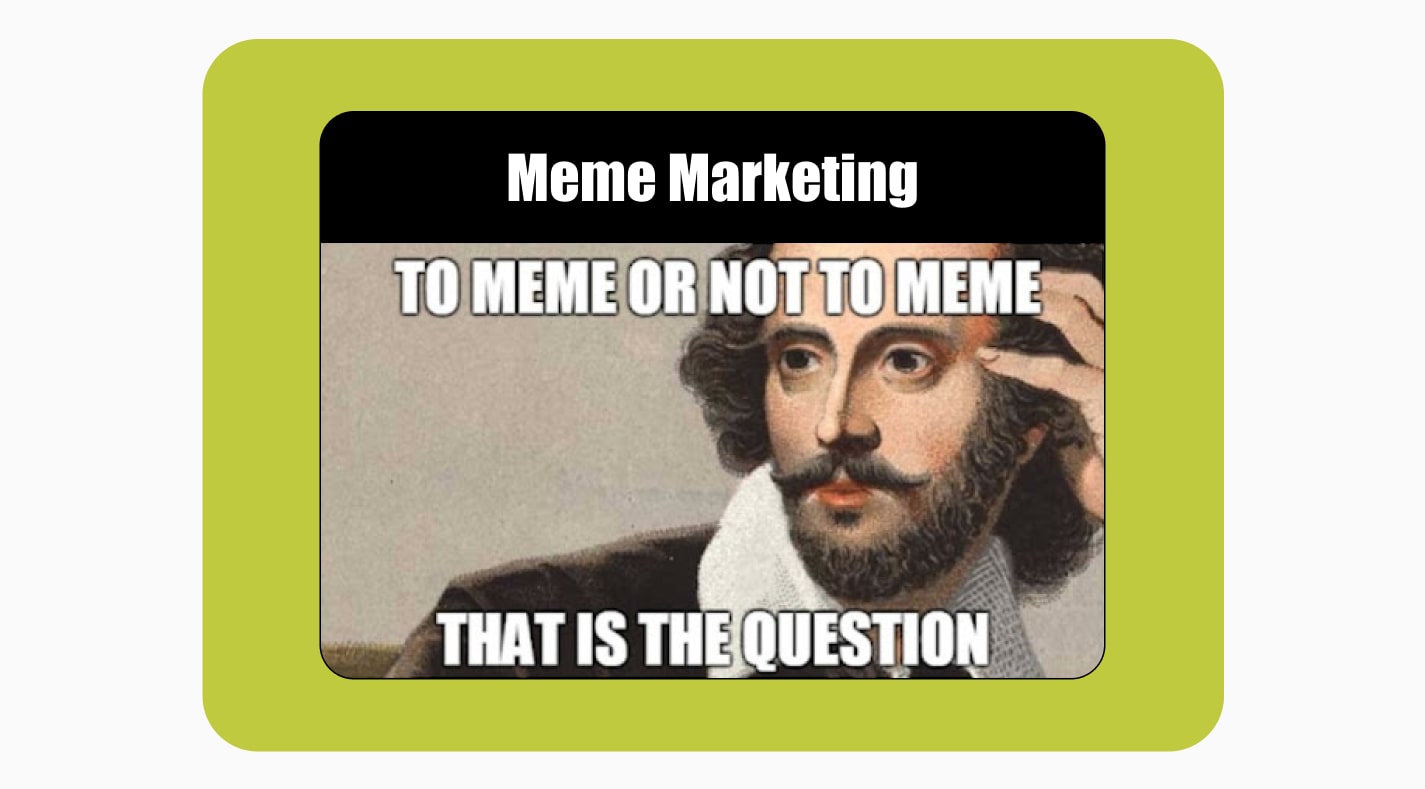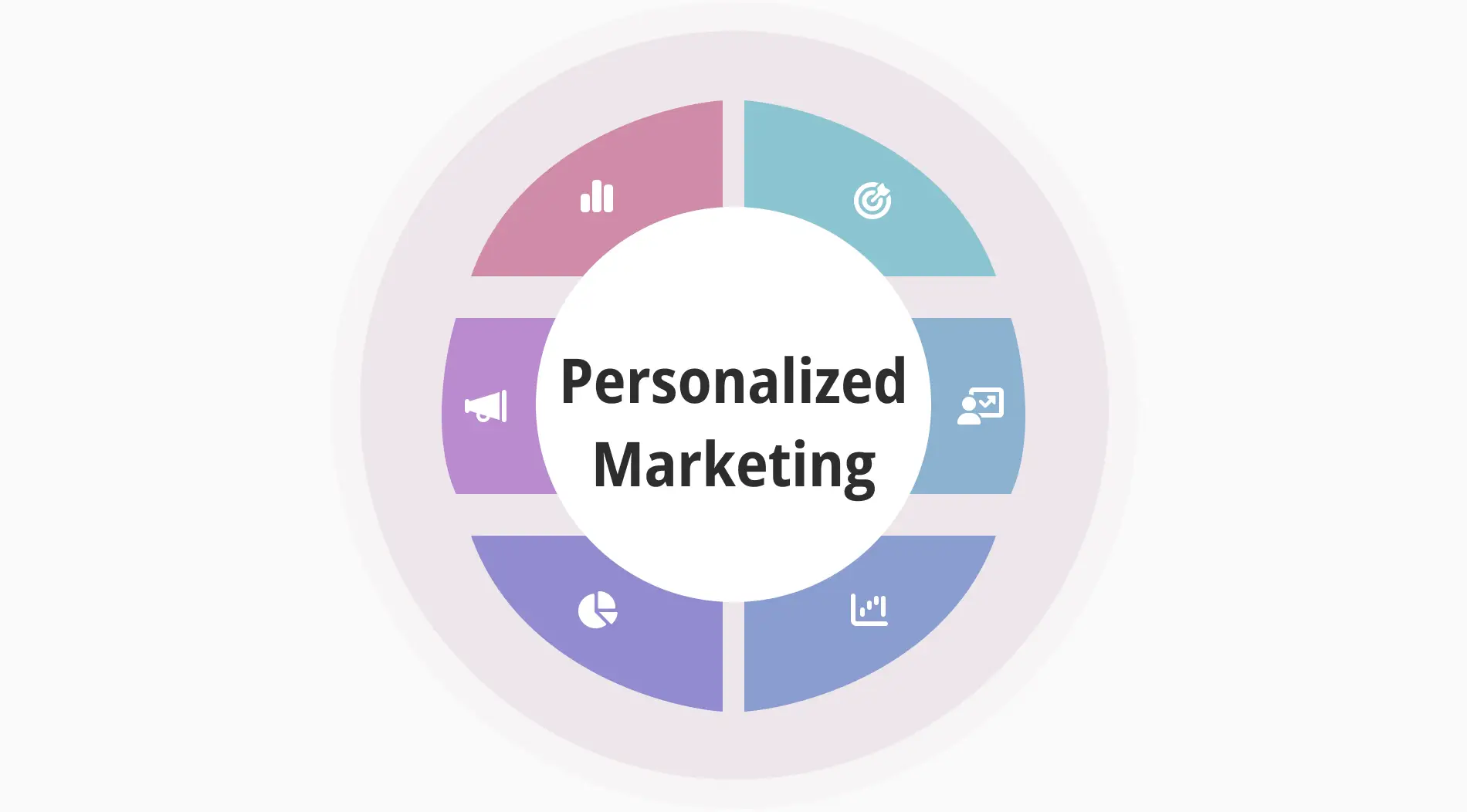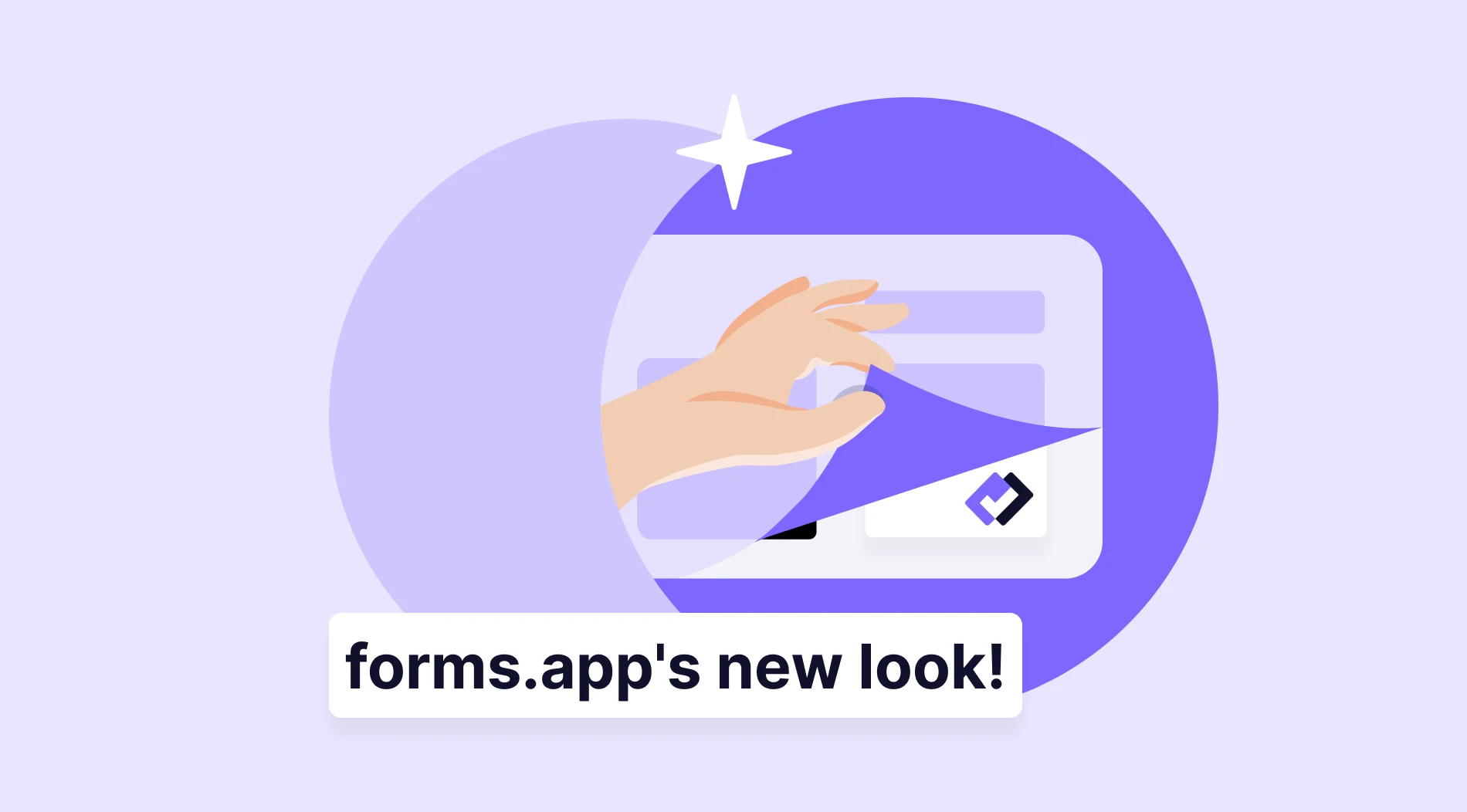Since the mid-late ‘90s, humor & culture have been combined into visual images and videos as a mode of global communication. These humorous, highly shareable image-based communication media are known as ‘memes’ in the internet world.
Nowadays, memes have multiple functions and usages in many different fields, including marketing. Businesses have been using marketing memes as a tool for promoting and advertising their products and services. In this article, we explain what meme marketing is, its advantages, and how to use it with useful tips.
First things first: What is meme marketing?
Meme marketing, otherwise known as ‘memetic marketing’, is a way of generating user engagement through a variety of popular memes, viral memes, and funny memes for digital marketing.
Advantages of using meme marketing
Nowadays, businesses use memes to promote their product, brand, or service as a marketing tool. This brings a great deal of advantages in the digital age we all live in. Successful meme marketing by brands increases the chance of selling more products and services and also attracts more customers. Below, you’ll find some notable benefits of using digital marketing memes:
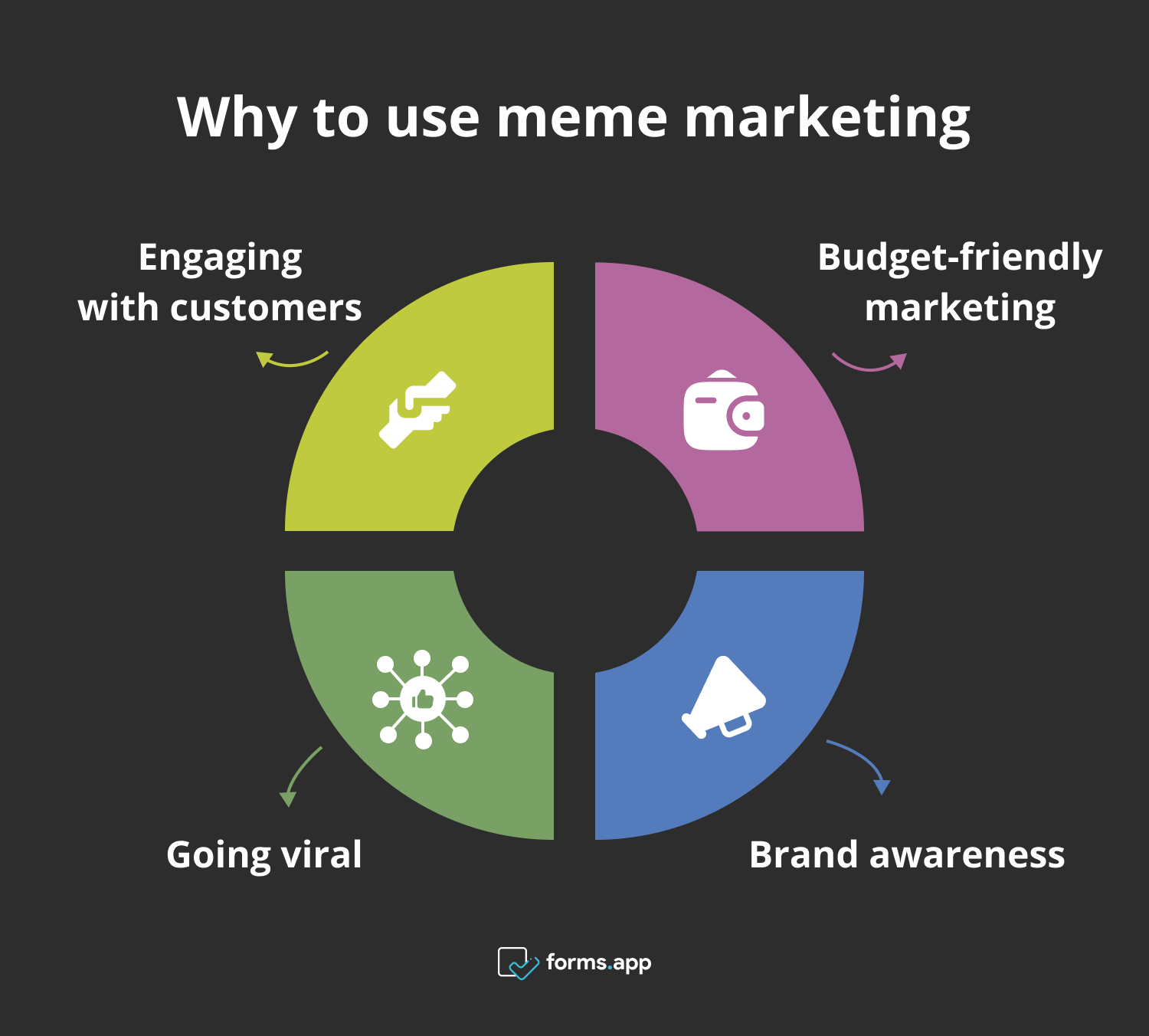
Pros of meme marketing
💡Engaging with customers
Meme marketing improves engagement with online audiences with its funny marketing memes and relatability. Social media marketing memes boost engagement with your brand content. People like and share these memes with others or as social media posts on digital platforms. As information spreads wider, connectivity also broadens.
💡Budget-friendly marketing
Meme marketing is a cost-efficient and easy way of promoting your brand, especially for small businesses. You can create memes relatively quickly and share them with the audience globally at almost no cost. This can also save you time and allow minimum marketing effort.
💡Going viral
Going viral surely is one of the most important facets of meme marketing. Just like any other fun and interesting online visual content, memes tend to go viral in no time. While it depends on the meme content, such as hilarious memes with popular visual content, memes with cultural references, or any well-crafted meme that can spread rapidly on social media.
💡Brand awareness
Marketing strategy is the key factor when incorporating memes. This can boost brand awareness and recognition, particularly amongst the younger generation, who are frequently active on social media platforms. This can also help the meme be spread to a broader audience.
While meme marketing is a powerful way to engage with the target audience, businesses should be meticulous about using them accurately, authentically, and responsibly. This is because the meme content can be too sensitive to the audience and may cause a backfire if misperceived. Below we explained how to use meme marketing to guide you through creation process.
How to use meme marketing
While there are plenty of advantages to using memes for marketing purposes, there is a chance that they can also be easily misinterpreted by the audience. This very sensitive, thin line can be overcome by being extra careful with details to avoid creating a negative impact. Here are 10 steps showing how to use meme marketing for the best result:
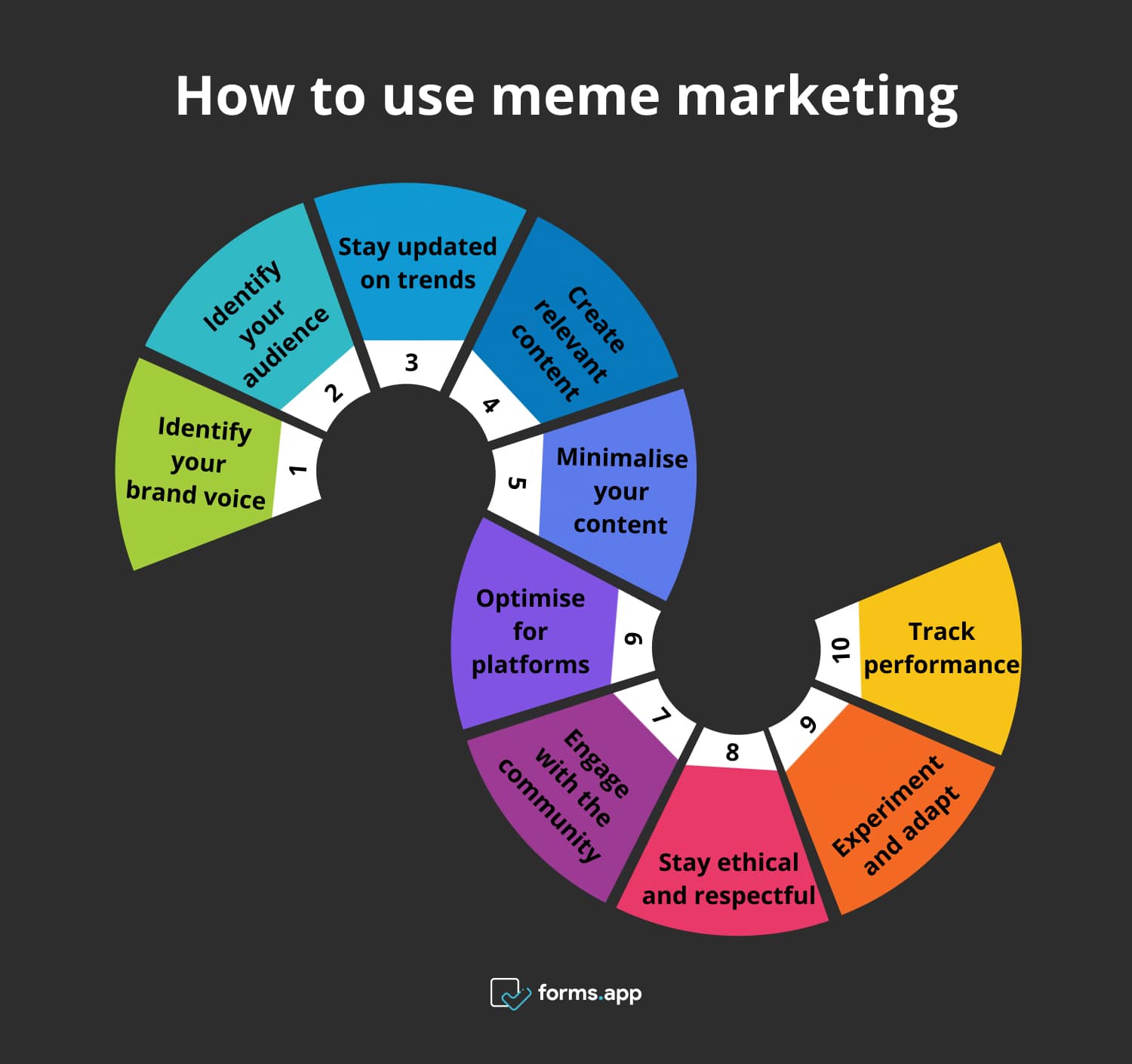
10 Steps to follow while using the meme marketing
Step 1: Identify your brand voice
The first thing to make sure is that the memes you use are relevant to your brand. They should represent your brand’s personality, voice, character, and values, as well as relevant humor. Brand promoters should also ensure consistency in messaging and tone to avoid any confusion and represent the brand accurately.
Step 2: Identify your audience
Meme marketing research should include the particular interests, demographics, characteristics, and behavior of the target audience. Memes are designed to attract certain types of online users, and businesses should know their audience with the right research and use humor that resonates with them.
Step 3: Stay updated on trends
Brand owners need to monitor new and popular meme trends on social media platforms, news, and blog posts. To incorporate popular culture and global news into their meme content, businesses should constantly stay informed by following the latest news, forums, communities, and social media accounts to update and establish their content marketing.
Step 4: Create relevant content
Creating relevant content can sometimes be challenging, as businesses might run out of novel and creative ideas. One tool that can help create relevant and appropriate content is meme generators. These tools allow you to generate authentic memes from scratch or use existing ones that are relevant to both the brand and the audience.
Step 5: Minimalise your content
Although the sound of having an ample supply of newly created hilarious viral memes can be intriguing, it might not necessarily represent the brand value or the intended message. When it comes to meme marketing, brand representatives should strike the right balance between promotion and engagement with lesser but spot-on content to hit the nail right on the head.
Step 6: Optimise for platforms
When creating the memes, you should use relevant hashtags that are specifically suitable for different social media platforms. This will increase the visibility of the content and will reach a wider audience. Additionally, tailoring and customizing your meme content according to each platform can also increase shareability.
Depending on the social media platform you decide to use, it is important to customize your meme that will be suitable specifically for that platform. For example, the majority of memes on Facebook include joke-based ideas with a funny phrase or picture. Whereas, Instagram memes mainly include a cute animal, a moment in pop culture, or even a modern reference given through a historical painting.
Step 7: Engage with the community
To keep a good rapport and connection with your audience, make sure to actively engage with your target community. Sharing memes, responding to messages and comments, participating in conversations, and hosting meme challenges are some of the great ways to achieve that. They encourage the audience to create or re-generate the meme content.
Step 8: Stay ethical and respectful
As we said before, memes can be easily misunderstood and create offense if they are controversial. Pay attention to how you create your content to avoid any harm to your brand reputation. Also, make sure to follow and apply the copyright laws and credits if the memes are created by others.
Step 9: Experiment and adapt
Do not hesitate to try new things. Popular culture is constantly changing, and brand owners should adapt accordingly to keep up with the latest trends in meme culture. You can try applying different formats, styles, and themes to decide what resonates best with your target audience.
Step 10: Track performance
Using analytics can help you monitor the performance of your meme marketing efforts. You can find these tools on social media platforms and analyze the engagement, reach, and conversion rates. This aids in assessing the degree of success of your meme. In this way, you can use the insights to update and refine your meme content for future campaigns.
Tips for a better meme marketing strategy
To boost audience engagement, go viral, and drive results, brand marketing teams need to follow an integrating meme marketing strategy. This takes great attention to detail, being cautious with the content choice, and using the right humor. Follow these meme marketing tips to consider when creating your campaign:
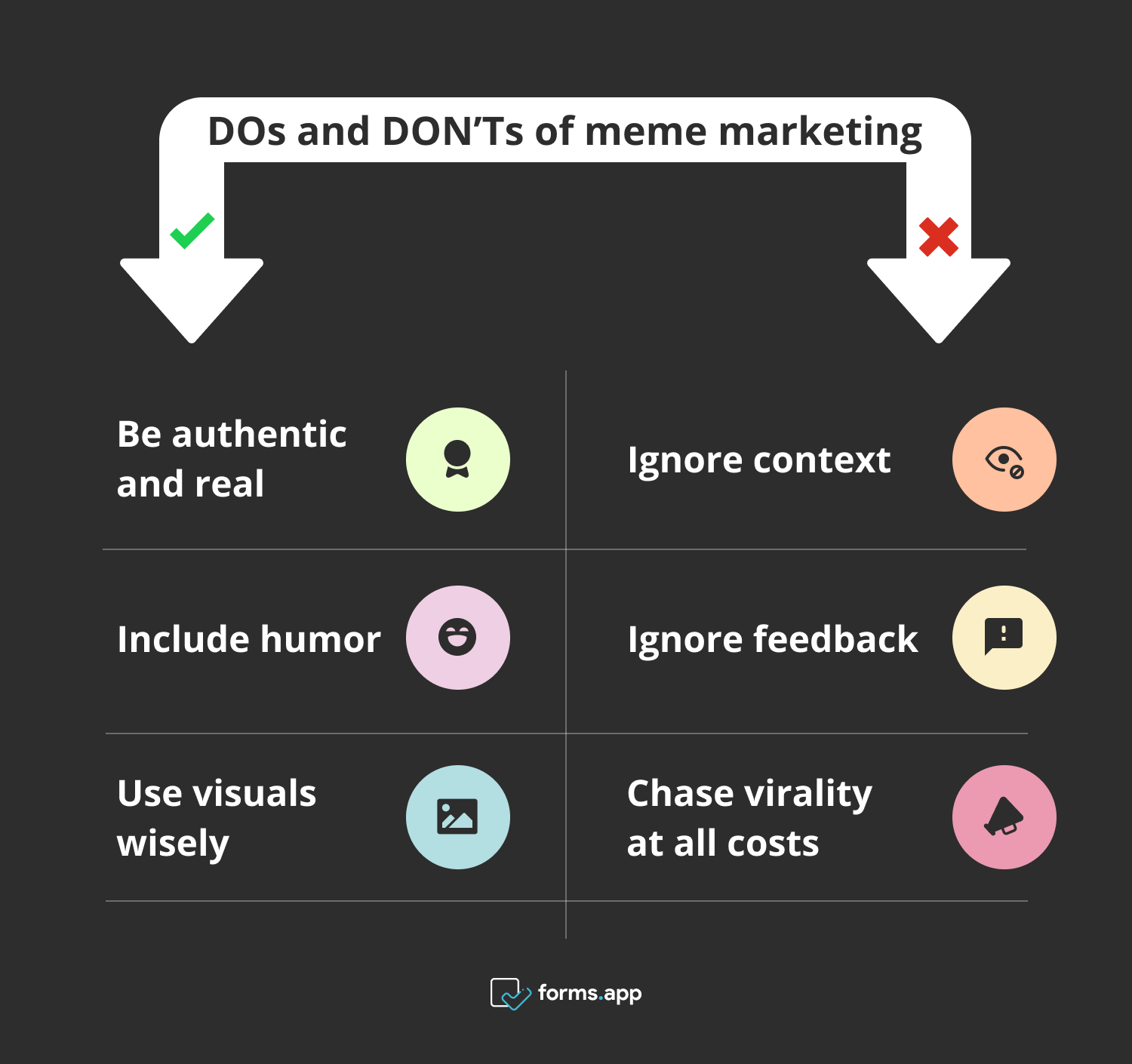
Expert tips for meme marketing
DOs:
When creating your meme, keep in mind some essential points that could help you perfect your meme content and reach a wider audience. We have chosen three useful tips that you should follow to make your meme successful.
1-Be authentic and real
Originality is one of the key aspects of creating high-quality, successful marketing content. Avoid forced, irrelevant, or repetitive content. Instead, try to create memes that represent your brand truly and honestly. The audience should be able to connect with and relate to your meme.
2-Include humor
Memes are famously known to be funny and highly relatable. One can say that it is the essence of the meme that creates emotional integration. While brand owners should try to integrate humor with appropriate jokes and references, they should also try not to overdo it to avoid any offense.
3-Use visuals wisely
All memes include images or imagery that support their humor. Meme creators should pay close attention to the design of the visuals and choose high-quality images when creating the content. This will enhance the humor and message of the meme.
DONT’s:
Just like the tips we presented above, it is crucial to know the points that are likely to negatively influence the success of your meme. We have gathered three points you should NOT do when your meme is out on social platforms.
1-Ignore context
When preparing meme content, businesses should be mindful of the context they include. Some memes or visuals might have a bad reputation that could cause unwanted outcomes or reactions. Include appropriate content and always proof-check your meme before publishing it.
2-Ignore feedback
You should ensure not to overlook or ignore any comments or feedback coming from the audience regarding your meme content. Some memes might receive negative comments, which may include controversy or misinterpretation. In this case, you might want to adjust your meme content accordingly. This shows respect and understanding. So, in the end, your audience will feel valued.
3-Chase virality at all costs
While going viral is essential to promoting your meme marketing campaign, you should ensure that you do not sacrifice your brand’s integrity, quality, or values while doing so. Businesses should try to focus on meaningful content that has a real connection, which users value and care about the most.
Meme marketing examples
So far, we have discussed what to do and what NOT to do alongside the advantages of creating marketing memes for your brand. To give you a clear picture, we have gathered a couple of examples of successful meme marketing. Have a look:
💡For more interesting meme marketing examples that can be useful to navigate your content, follow the meme marketing memes link!
Example #1

(Netflix, 2019), Twitter
Netflix is one of the most popular brands using meme marketing effectively. Already a well-known mass business brand, Netflix has also managed to keep its audience actively engaged with its meme content and social media posts. They mainly combine cleverly made and highly relatable visuals and texts as their content.
What makes this meme a good example is that they combine a scene with a well-known character from a film on the Netflix platform including humor with relatable song lyrics, which is emotionally integrating as it represents the facial expressions and emotions successfully.
Example #2
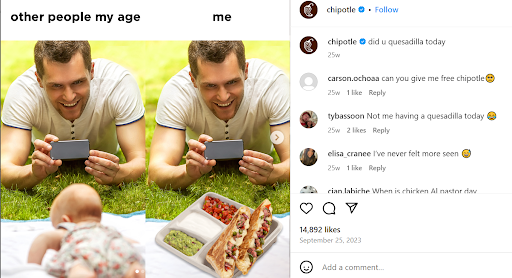
(Chipotle: "did U quesadilla today" 2023), Instagram
Chipotle has also been successfully using memes on their social media platforms to engage with their customers. As a widely-recognized food chain with regular customers, its content shows relevance to its products and customers’ personal interests. This helps their brand to gain loyalty and also enables them to be more responsive to their customers’ needs.
This meme is another good example, as they chose to use a viral image that supports the humor content by comparing the new generation’s widely used meme on the left on social media platforms with their product on the right, which communicates the prior choice of their loyal customers.
Final words
As meme marketing statistics suggest, it is a highly effective and engaging way of representing and promoting your brand, drawing the attention of the target audience, and gaining more customers. In this article, we have defined meme marketing, demonstrated its advantages, and discussed how to use meme marketing by highlighting tips and examples for a better meme marketing strategy.
By following the steps we have presented for creating the most effective meme content, you will increase the chance of having a successful campaign for your product. In our digital world, with almost everyone using smartphones and digital gadgets, it couldn’t be easier to access any audience anytime and anywhere and show off your amusing memes.
Elif enjoys sharing her expertise through helpful guidelines and tips about marketing and business planning. She is also a linguist who has a deep interest in maps, history, culture, and languages.
